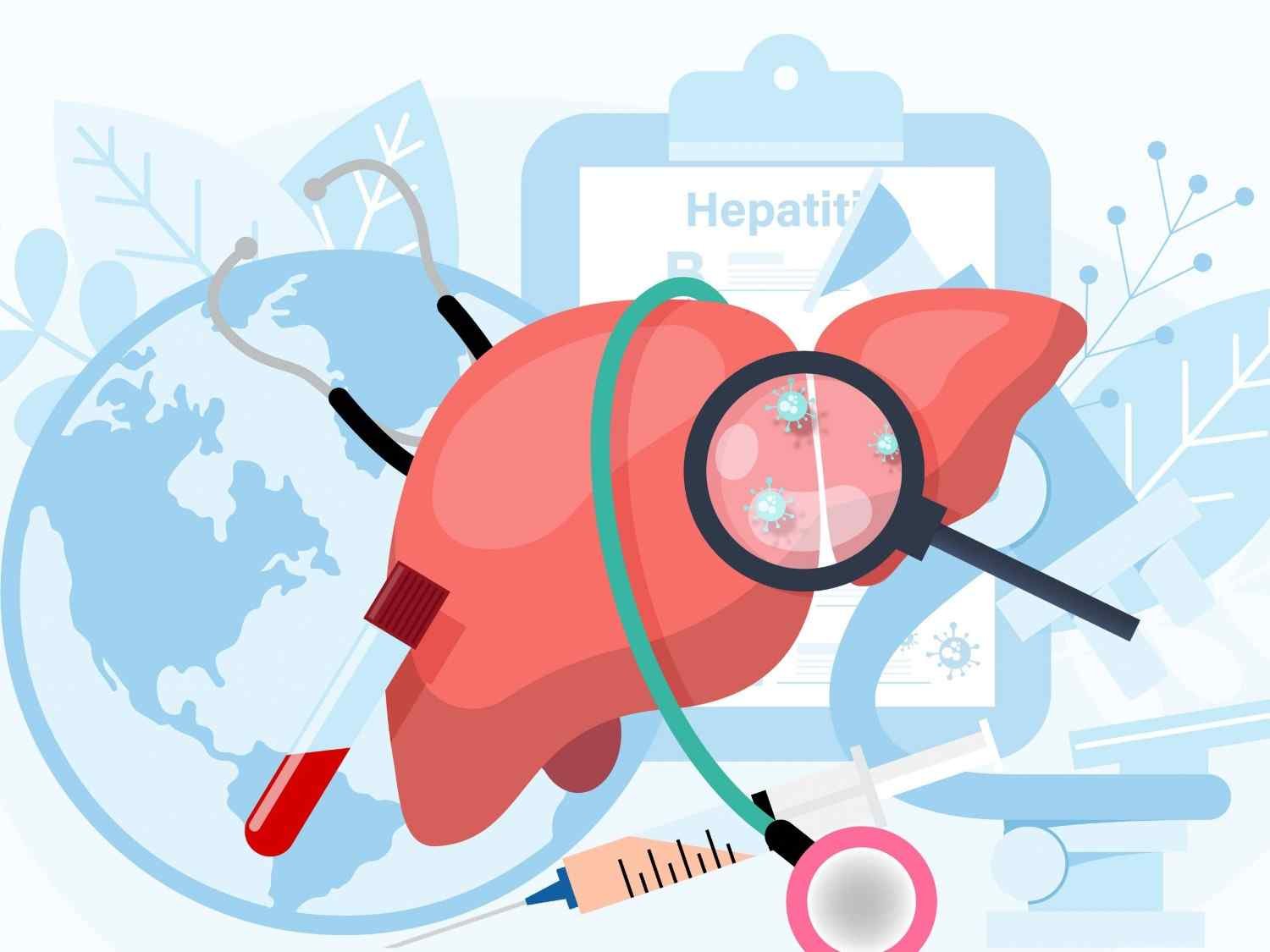Recognizing Hepatitis B: An International Health Issue

Hepatitis B is a widespread viral infection with serious implications for global health, affecting millions of people worldwide. Caused by the hepatitis B virus (HBV), this potentially life-threatening liver disease can manifest in both acute and chronic forms. Understanding Hepatitis B is crucial for effective prevention, early diagnosis, and proper management, underscoring its global impact and the importance of timely intervention.
Understanding Hepatitis B
Hepatitis B is a viral infection that primarily affects the liver. It spreads through contact with infected blood, unprotected sexual contact with an infected person, or from an infected mother to her newborn during childbirth. The virus’s ability to survive outside the body for extended periods makes it highly contagious, highlighting the need for awareness and preventive measures.
Impact on Health
The severity of Hepatitis B varies widely. Acute Hepatitis B may cause symptoms such as fatigue, jaundice, abdominal pain, and nausea, typically resolving within a few months as the immune system clears the virus. However, if the infection persists for more than six months, it can develop into chronic Hepatitis B, significantly increasing the risk of liver damage, cirrhosis, and liver cancer.
Prevention Strategies
Vaccination: The most effective way to prevent Hepatitis B is through vaccination. The HBV vaccine is safe, highly effective, and recommended for all age groups, especially infants and those at higher risk due to their occupations or lifestyles.
Safe Practices: Reducing transmission risks involves practicing safe sex, ensuring the use of sterile needles and equipment for tattoos, piercings, and medical procedures, and avoiding sharing personal items like razors or toothbrushes.
Diagnosis and Early Detection
Early detection is essential for managing Hepatitis B effectively. Blood tests serve as the primary diagnostic tool, identifying the virus and assessing liver function. Testing is particularly crucial for high-risk individuals, such as healthcare workers, people with multiple sexual partners, and those born to infected mothers.
Treatment Options
Acute Hepatitis B: Treatment for acute cases focuses on supportive care, including rest, proper hydration, and close monitoring. In most instances, the immune system clears the infection within six months.
Chronic Hepatitis B: Managing chronic cases may require antiviral medications to suppress the virus and reduce the risk of severe liver complications. Regular medical monitoring, along with lifestyle adjustments, plays a pivotal role in maintaining liver health and preventing further damage.
Global Impact and Intervention
Hepatitis B presents a major global health challenge, particularly in regions with limited access to healthcare and vaccination programs. Efforts to increase awareness, expand vaccination coverage, and improve access to diagnostic tools and treatment options are essential in reducing the disease burden worldwide.
Conclusion
Combating Hepatitis B demands a comprehensive approach that encompasses prevention, early detection, and effective treatment strategies. Access to quality medications is vital for managing chronic cases, and partnering with a trusted Entavir Entecavir Hepatitis B bulk cargo exporter can ensure consistent supply, contributing to better health outcomes for those affected by this challenging condition.

